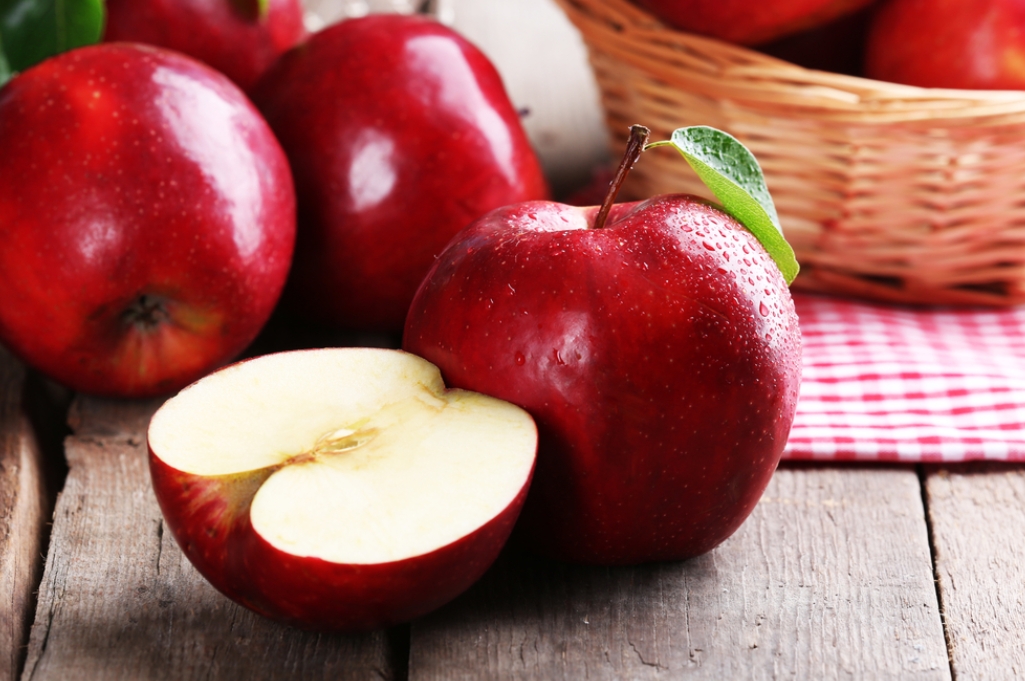Fruit Parade: My Top Five Summer Fruits
Asaf Elizra gathered the five recommended, efficient, and healthy fruits you should consume this summer.
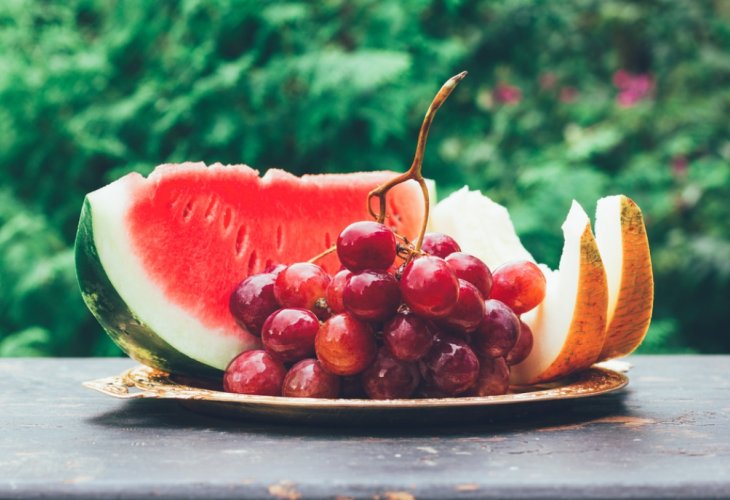 (Photo: shutterstock)
(Photo: shutterstock)Summer is arriving, bringing with it an array of colorful, juicy fruits, each with a unique texture and diverse character. The real question is, which among all these fruits is the most recommended? Which one is the most nourishing and beneficial for us?
The truth is, the answer is difficult because each has its respectable place, and all are rich in minerals and vitamins. Generally, a fruit-based diet is highly recommended for detoxifying the body. Among fruits, it's advised to consume those that have been sprayed the least, and if possible, purchase organic fruits, which is even better.
Before we dive into the "fruit parade," it's essential to break down the concept of "fruits for dessert." There's no such thing as a fruit dessert. Fruits are a meal in themselves. Their digestion is very fast, and if we try to "cram" fruits after a meal, they will simply ferment in the stomach, causing more harm than good.
You can eat fruits throughout the day, between meals, and especially in the morning—yes, yes, a fruit breakfast (not after coffee and cake or toast and omelet, but instead of them) continues the natural cleansing process that started in the night, allowing the digestive system to function at a lower RPM, which enables cleansing, healing, and renewal.
And after the long introduction... here is my top fruit parade for summer:
First Place: Watermelon
The watermelon is a summer fruit, rich in minerals, natural sugar, and fluids. Our body moves and lives on sugar (glucose)—it is our fuel, and watermelon is full of it. It is rich in beta-carotene, lycopene, and potassium, positioning it at the forefront of antioxidant fruits. Due to its mineral composition, it is very helpful in treating constipation. However, it is not recommended for those suffering from inflammation of the small/large intestines.
Watermelon is excellent for those suffering from urinary tract inflammations, chronic liver diseases, or imbalance in the intestinal flora.
Additionally, it contains only about 40 calories per 100 grams of watermelon, making it a friendly fruit for calorie counters.
It's advisable to eat it alone, without combining it with any other fruit.
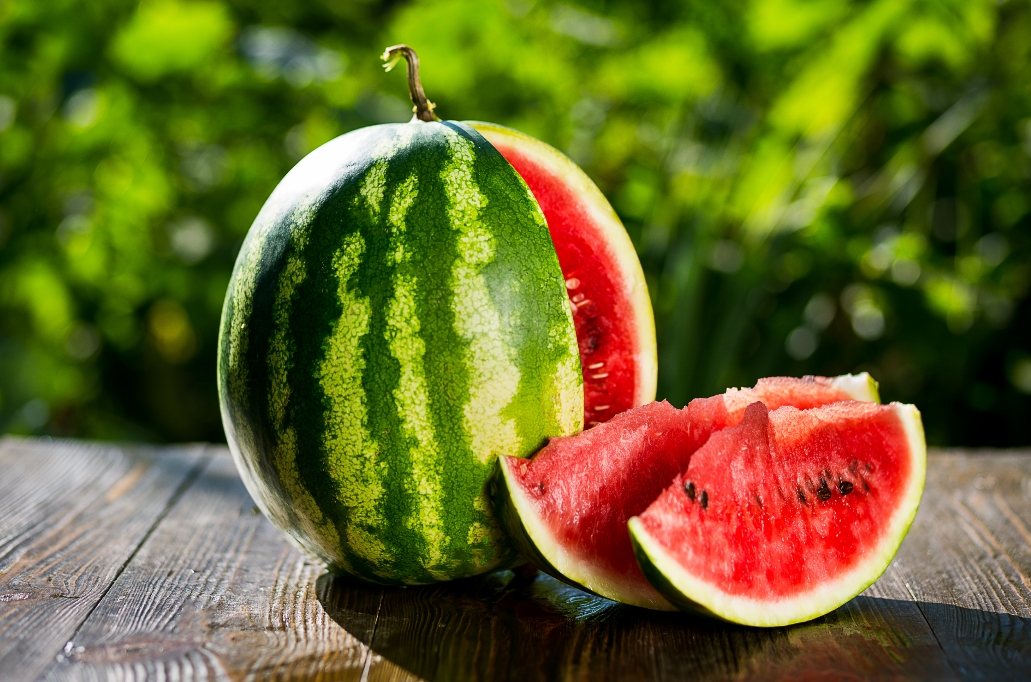 (Photo: shutterstock)
(Photo: shutterstock)Second Place: Melon
Another wonderful summer fruit from the gourd family. It is also rich in sugar and low in calories: about 35 calories per 100 grams of melon. It is very rich in Vitamin C, which is crucial in our daily lives, both for creating bone coverings and collagen, and for our immune system. Vitamin C also helps with iron absorption in the body.
It's highly recommended to try melon as a juice—some of you may raise an eyebrow, but in fasts, our summer juices are a hit!
Select a ripe and yellowish melon, peel and clean it well, pass it through a centrifugal juicer (meaning a fast juicer)—and if you've chosen a good melon, you won't believe you've just discovered it. Tested.
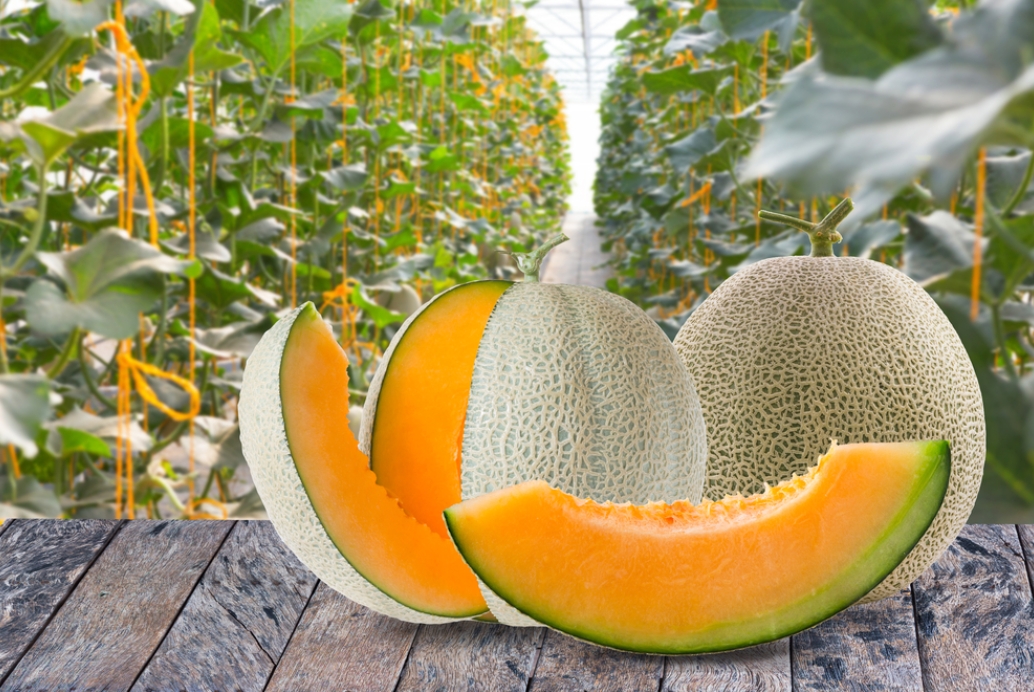 (Photo: shutterstock)
(Photo: shutterstock)Third Place (which is actually first): Grapes
Grapes, summer fruits, are also rich in sugar. They are the only fruits where the sugar is in its most primitive form—monosaccharide glucose, therefore its digestion is very fast, 20 minutes. It's a very basic fruit, and hence it is anti-oxidant. In our clinic, we use it as a diet for people with various problems for extended periods: "grape fasts" for sufferers of various issues, like joint problems, diabetes (yes, yes), etc.
The most recommended grapes are the redder ones. It's important to try to consume organic grapes, due to their high pesticide levels.
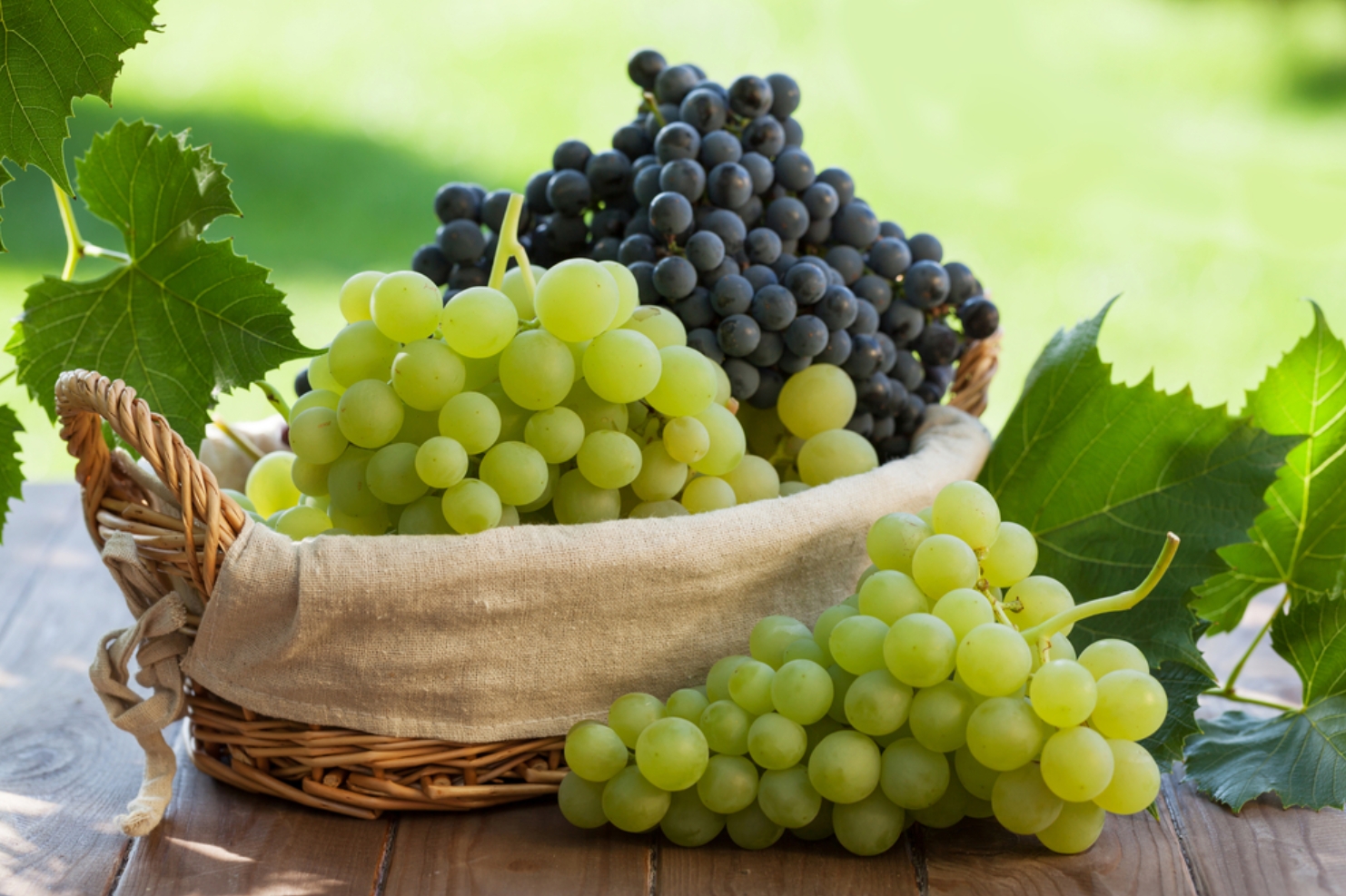 (Photo: shutterstock)
(Photo: shutterstock)Fourth Place: Cactus Fruit
The prickly pear (young, healthy, and fresh) from the cactus family is "our own" fruit. Today, in the era of superfoods and nutritional supplements, the cactus fruit can be quietly noted as such. It is an excellent fruit, which helps a lot in clinics for people with intestinal problems. Cactus juice (after straining the seeds) is excellent for treating inflammation of the small intestines and stomach ulcers.
Cactus fruit is rich in magnesium and, therefore, helps with the mobility of skeletal systems and mainly muscles, and relatively rich also in calcium. Excellent for regulating sugar levels in the body and maintaining our blood pressure.
It's important to note that cactus seeds are not digested in the body and must be expelled, so it is not recommended to consume more than 2-3 cactus fruits a day, or alternatively, make juice from it, strain, and drink.
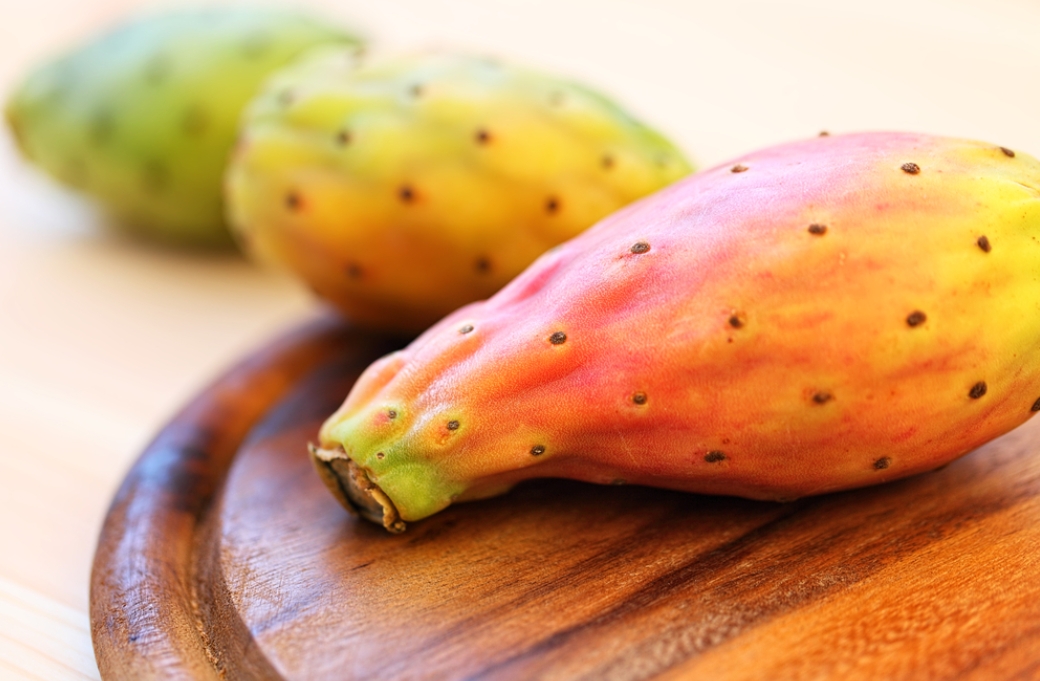 (Photo: shutterstock)
(Photo: shutterstock)Fifth Place: You Can't Go Without the Apple
You can't do without it.
The apple is an easy-to-digest fruit. It's the first fruit recommended in children's diets. It's excellent even when peeled. The apple is effective for digestive issues, as it is rich in dietary fibers that aid in cleaning the intestines by scrubbing them.
The apple is very rich in phytonutrients—a group of aromatic compounds that prevent environmental damage in which we live. The fruit is very basic in its response, therefore basic in its consumption.
